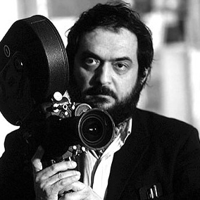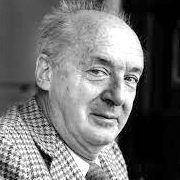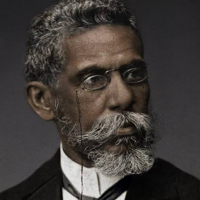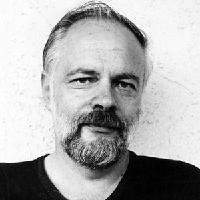Stanley Kubrick tipo de personalidade mbti
Personalidade
"Que tipo de personalidade é Stanley Kubrick? Stanley Kubrick é um tipo de personalidade INTJ em mbti, 5w4 - sp/sx - 514 em enneagram, RLOEI em Big 5, ILI em sociônicos."
Saying that Kubrick is INTJ seems like a stereotype but it's actually true. ISTP is not a valid option, I fear. Let me explain it with actual cognitive functions arguments (not the well intentioned flawed ones) Btw stop using films to analyze personality. I've heard this interview he did with Jeremy Bernstein, it's on YouTube. He seems so chill, but also kind of subtlely agressive. The ISTP argument falls very flat when we listen to quotes like: (About directors not being "good at their job") "I generally find that it's just that they don't have a good generalized approach to problem solving. They're not thorough, they don't consider all the possibilities, they don't prepare themselves with the right information" Or (About realizing short films weren't making money, and hearing that it took millons to make a feature) "I had calculated that I could make a feature film for about 10.000" (Interviewer asks him how he calculated that) "Well, again, by, you know, projecting the amount of film I'll shoot. Figuring that I get actors to work for practically nothing. And at this point I was the whole crew." Whenever he does show his preference in perceiving, it seems to be like a quiet and careful look at the future. He is future oriented, seems to prefer and plan it all out. I've picked the quotes from moments where he could have frame it it in more present-speech ways; but he keeps expresing Ni. This one stands out as the stereotypical INTJ description: (How do you keep yourself amused at these boring shoots) "Cause I keep thinking- about the next thing that i'm doing. You know, I try to use all the time. (Part I don't get, maybe a reference to a studio) I usually-I would imagine to anyone sort of looking at me, I have a sort of vague withdrawl look on my face because what I'm just doing is thinking about what I'm about to do or what other scenes, and I just use the time to think. It's like sitting at a park playing chess! (laughs, because it relates to the story before about him playing chess for money)" There's a clear preference towards planning the next move, so freaking clear he even brings back chess to describe it. Following that: (Asking what if he thinks about how to manipulate the actors) "Well, I think whatever problems are problems." This phrase represents his Te. He states it kind of as an obvious thing, closed. And because it's closed and rounded it's very straightforward in its implementation. Lastly, a quote about intuition: (In talk about war and nuclear weapons) "The problem to begin with is: people do not react to abstractions. You know? They only react to direct experience. Very few people are even interested in abstractions, and even fewer people can become emotionally involved- or emotionally react to an abstract thing. The only reality that nuclear weapons have are a few movie shots of mushroom clouds and a few documentaries that ocasionally shown in art houses about the effects of Hiroshima" Every type could say this argument, but he frames it as being a problem even at the fundamental level. Meaning, he thinks more people should react to abstraction at any level, and seems kind of lost in why people don't have that as the default response. Ni dom. INTJ. Clear as day.
Biografia
Stanley Kubrick (July 26, 1928 – March 7, 1999) was an American film director, screenwriter, producer, cinematographer, editor, and photographer.
Personalidades relacionadas
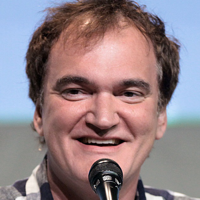
Quentin Tarantino

Hayao Miyazaki

David Lynch

Christopher Nolan

Tim Burton
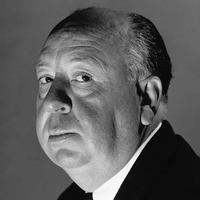
Alfred Hitchcock
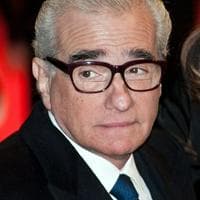
Martin Scorsese
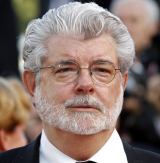
George Lucas
